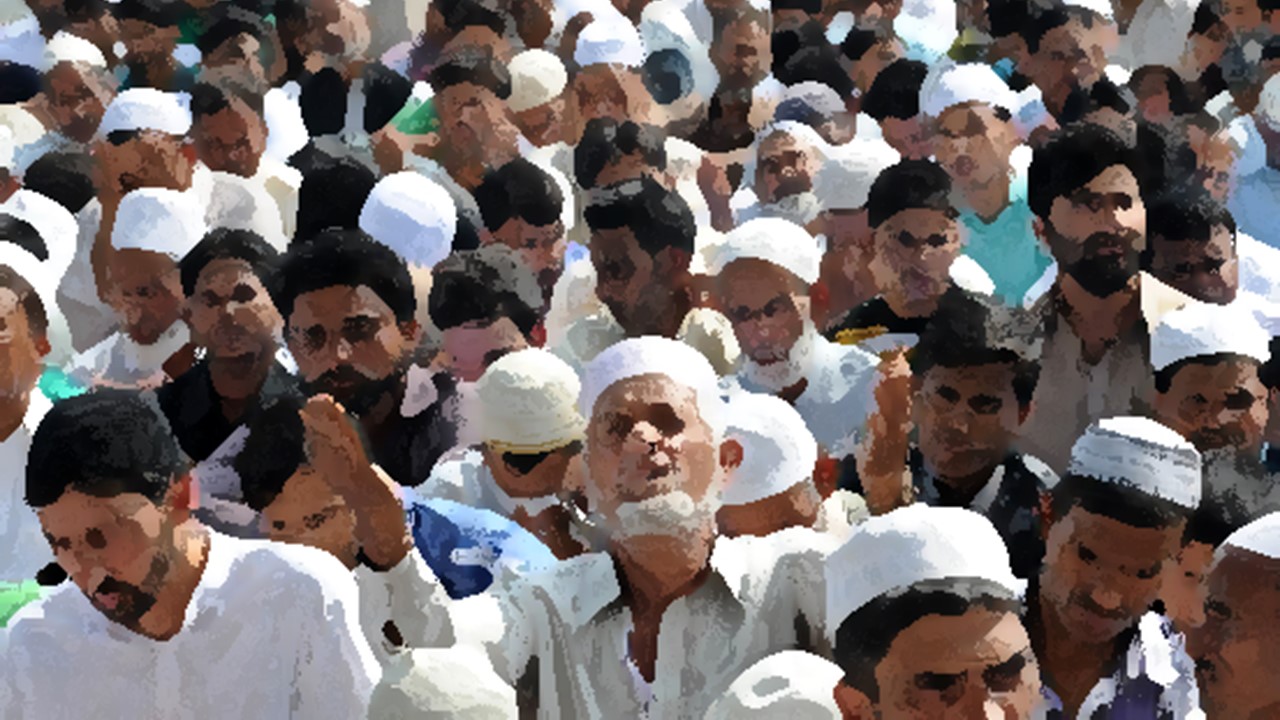
The 10 th lecture in the Democracy Dialogues Series organised by New Socialist Initiative was delivered by Prof Mridula Mukherjee ( Retd.) on Sunday, 12 th Sepember at 6 PM ( IST). She spoke on ‘Nationalism : Then and Now’
Prof. Mridula Mukherjee, was associated with Centre for Historical Studies, JNU for a long time and was also Director of Nehru Memorial Museum and Library, ( NMML), New Delhi.
Well known as a historian for her work on the role of peasants in the Indian independence movement, she has authored two important books on the theme, Peasants in India’s Non-Violent Revolution ( Sage 2004) and Colonising Agriculture : Myth of Punjab Exceptionalism ( Sage 2005). She has also coauthored books with Prof Bipan Chandra, Prof Aditya Mukherjee on ‘India’s Struggle for Independence’ ( Penguin 2000) and ‘India After Independence‘ ( Penguin 2008). The monograph ‘RSS, School Texts and Murder of Mahatma Gandhi‘ which she has coauthored with Prof Aditya Mukherjee and Prof Sucheta Mahajan has been widely appreciated.
In this lecture Prof Mridula Mukherjee discussed Nationalism and its origins as a modern ideology, how nations are historical constructs with each nation having its own distinctive historical evolution and the emergence of two kinds of nationalism and how the present notion of aggressive, chauvinistic nationalism is in sharp contrast to the once evolved by the freedom struggle and how the task of preventing the appropriation of nationalism and its creative linking to progressive agenda is the need of the hour.
Please write to us at democracydialogues@gmail.com if you are interested in getting upadates about the series.
The lecture series is available on facebook.com/newsocialistinitiative.nsi as well.
( Here is a playlist of earlier lectures in the Democracy Dialogues Series :





